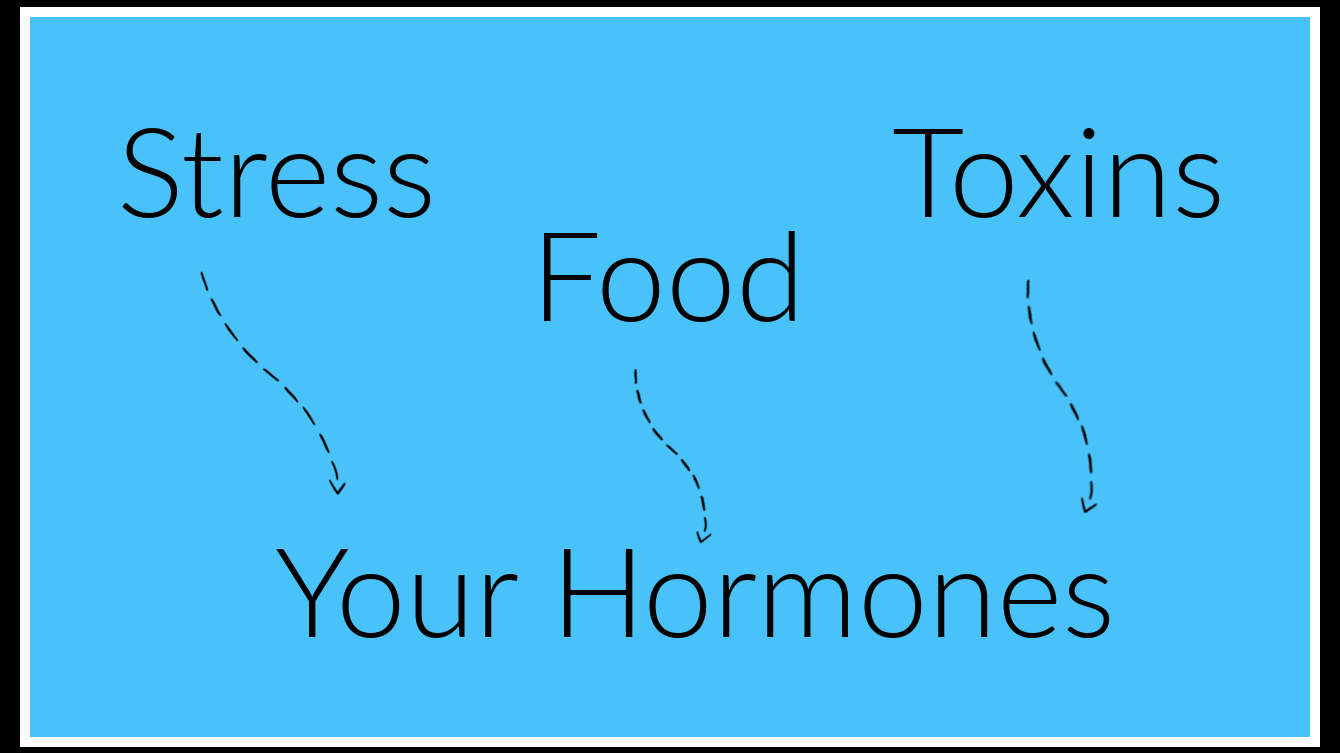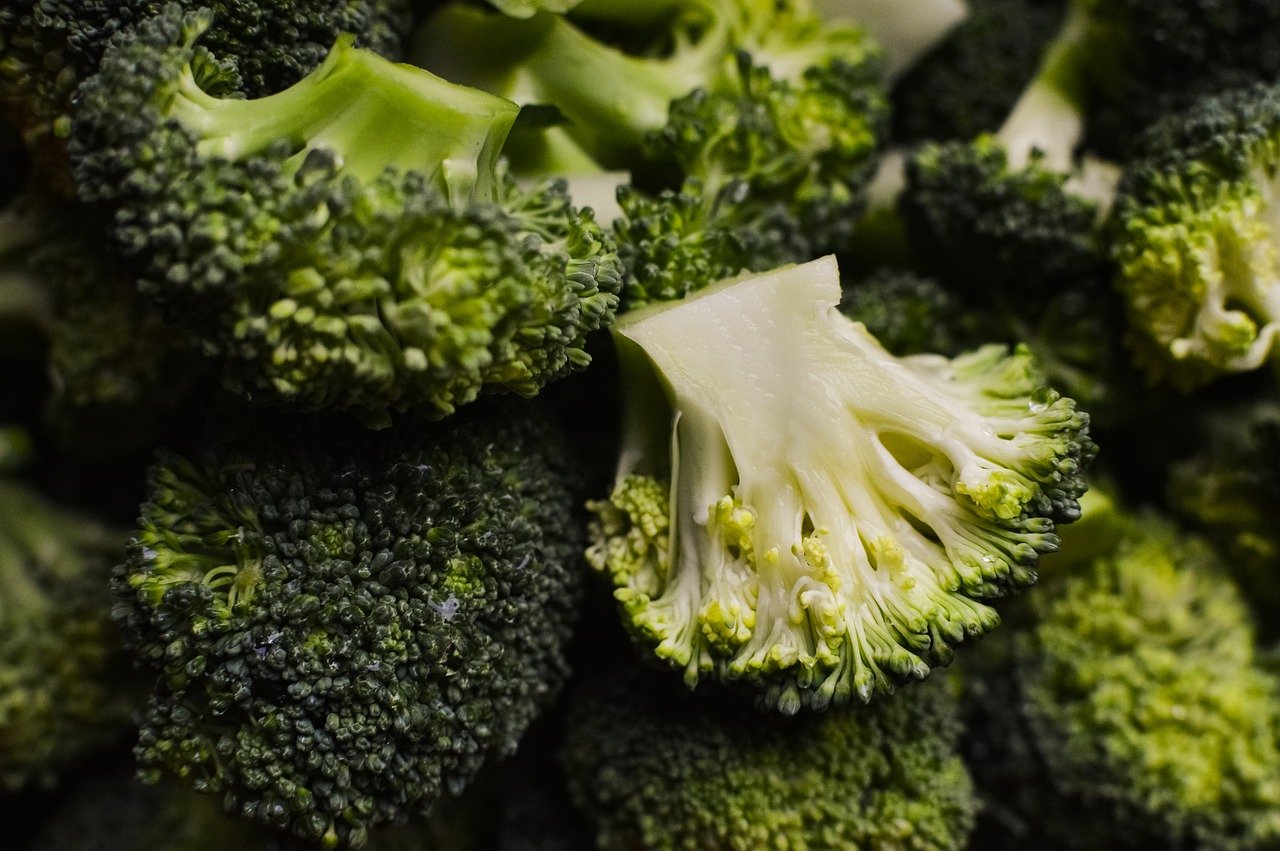
The 3 Underlying Causes of Hormone Imbalance and What You Can Do About It
Whether you're talking about menopause, PCOS, fertility, testosterone, adrenal, diabetic, or stress hormones, they all share similar needs.
The first basic need is INGREDIENTS.
Foods, or if you're not going to eat them, supplements.
1. Zinc - necessary for
- growth hormone synthesis
- regulation of insulin uptake
- thyroid hormone conversion
- melatonin synthesis
- wound healing and immune function
Zinc is found in seeds, oats, oysters, beef, crab, chickpeas, black beans, greek yogurt, and cashews. You can do a Zinc deficiency test by holding liquid zinc in your mouth for up to one minute. If you immediately taste a weird flavor, you're good. If you don't taste anything, or very mild taste, or if it takes 20 seconds or longer to note a flavor, you're probably deficient in zinc.
Note: sugar, stress levels, high alcohol intake, athletic training, pregnancy, poor GI absorption, and certain medications increase your need for zinc supplementation.
2. Iodine - necessary for
- making thyroid hormones
- breast, endometrial, and ovarian health
- brain development in unborn fetus
Iodine is found in seafood, sea salt, seaweed, yogurt, dark leafy greens, and eggs. There's a ton of articles out there scaring people away from using iodine for thyroid disorders. I assure you, it's mostly unfounded, when it comes to actual scientific research. If you get too much iodine, your body pees it out.
To see if you have iodine deficiency, put some liquid iodine on your belly at night. In the morning, check it. If you still see it, you're good. If it's mostly absorbed, or gone completely, you need it. Using the liquid on your abdomen is a great way to get it in, by the way.
3. Cruciferous Vegetables - necessary for
- preventing cancer
- preventing Type 2 diabetes
- preventing heart disease
- estrogen balance
If you have low thyroid function, don't let some magazine articles scare you off from eating cruciferous veggies. The whole first page of Google when you search "cruciferous vegetables and endocrine health" is ALL about how these veggies CAUSE hypothryoidism.
No.
There was one study on a small group of people on a remote South Pacific island. It found people who eat lots of these veggies AND are iodine-deficient were prone to thyroid cancer. If you're getting enough iodine is the key to not upsetting the thyroid. Not avoiding cruciferous veggies. Also, cooking the vegetables appears to negate the goiter-causing chemical in them.
Cruciferous veggies include broccoli, kale, brussel sprouts, cauliflower, turnips, bok choy, and cabbage.

4. Dietary Fat - necessary for
- improved fertility
- preventing and treating diabetes
- increasing testosterone levels
- cardiac health (yes, really)
- hormone signaling and gene expression
Don't let the idea of heart disease scare you off. New studies are finding, over and over again, that saturated fats are FINE. It's what human beings have been eating for hundreds of thousands of years. When you eat fat, your body makes LESS cholesterol. It's only when we started taking eating "low fat" food-substitutes that obesity and diabetes became epidemics.
The fats you do want to avoid are hydrogenated vegetable oils. As in, fried foods. If you're going to heat your oil to cook, use ghee, butter, or coconut oil. These oils have saturated fat, which is ideal for heating.
Healthy Omega 6 oils include hemp seeds, black current seed oil, olive oil, walnuts, pumpkin seeds, coconut oil, and sunflower seeds. Omega 3 oils are found in fatty fish (salmon, herring, mackerel, sardines), butter, walnuts, flaxseed, and chia seeds. Eggs and butter have a little of both.
5. Vitamin D - necessary for
Vitamin D isn't so much a vitamin, but a hormone produced on our skin in the presence of UV light. When you're deficient, you feel really TIRED.
The next component for healthy hormones is STRESS MANAGEMENT

We never completely get rid of stress, but we can control how we react to it.
Short-term stress elevates cortisol, growth hormones, and prolactin, among others. The effect of this can include
- Impaired digestion (hint: you need Hydrochloric Acid, not Tums when this happens!)
- Not getting enough sleep
- High blood pressure
- Tense muscles
- Water retention
- Increased blood glucose levels
- Irregular menstruation and infertility
- Low T3, T4, and TSH
No joke. Stress is a killer!
But if we can't avoid it, what can we do about it?
Here's some ideas:
- Acupuncture (of course!)
- Herbs
- Exercise
- Deep breathing
- Pleasure
- Counseling
- Connection
- Lifestyle changes
I think a lot of us have this underlying, unconscious idea that pleasure is a waste of time or frivolous, but I don't think so. There's a reason why we seek out things like vacations, alcohol, and sex. We NEED pleasure in our lives.
To get to a place where we can enjoy simple pleasures, and modulate our stress, the first 4 things on the above list can help. While you're having a treatment, make a mental list of things that you enjoy. Even waking up slow in bed on a Sunday morning, or a walk in the woods with your dog count. How can you cultivate more joy and fun? What do you LIKE? WHO do you like?
Rushing from activity to activity, duty and responsibility, it's the Type A personality, USA life, but it does little to cultivate bliss. Take a 5-minute break, lay down, and just breathe. Learn how to connect with your SELF and what turns you on, so to say.
There are things we can change and things we can't.
Things you can change (even if it's hard) that cause stress:
- Money (fixed costs should be < 60% of your take home pay to allow enough for things you LOVE) Possible solutions: spend less (there's a limit to how much you can cut) OR earn more.
- Career (You hate your job? Either find a new one or find a new outlook on the one you have.)
- Too much to do all the time (Write down exactly what needs to be done. Seriously - it takes a load off your mind. Then, find out what can be delegated out to someone else. No single person should have to "do it all.")
Things you can't change that cause stress:
- Relationships (although if it's not a blood relation, you CAN change it!) If you're related to someone causing you stress, or you're in a marriage you want to keep, find help. Relationships are tricky and require lots of communication and openness.
- Health (most health challenges CAN change, but I'm speaking about the things that you can't, like genetic disorders) Find experts and doctors that are leaders in the field of your concern. Look for out-of-the-box solutions. Don't give up. Despondency doesn't help.
The Blue Zones theory found that people living in certain parts of the world have a higher quality of life. They live longer with less stress.
What do they do? Eat vegetables, drink a moderate amount of wine, and TALK WITH FRIENDS AND FAMILY. Humans are meant to be together; not isoated with a cell phone, laptop, and Netflix. Loneliness is bad for your health, and I'd argue, for your hormones.

Certain vitamins, minerals, and herbs help us adapt to daily stressors as well.
* Trace minerals (see: iodine, zinc, calcium, etc.)
* B-vitamins (Ideally from whole food sources like eggs, non-farmed salmon, liver, grass-fed beef, whole grains, nuts, and seeds.)
* Magnesium (We're almost all deficient in this mineral. Studies show that supplementation works better when you get most of your magnesium from food sources first.) Foods rich in magnesium include dark green vegetables, beans and legumes, nuts, and whole grains.
The 3rd basic need for healthy hormones is REDUCING AND ELIMINATING TOXINS
Our environment is toxic. Toxins are constantly foisted upon us by the media and doctors, unfortunately. We POISON OURSELVES FOR FUN, for crying out loud! Even a newborn baby is born with heavy metals and toxins in their body.
The obvious toxins we can either completely eliminate or REDUCE when possible:
- Food Hormones
- Unfermented Soy
- Conventional Dairy
- Food Chemicals
- Unnecessary Vaccinations
- Unnecessary Medications (try natural options FIRST, not as a "last resort")
- Unfiltered Water
- Chemical-laden beauty products
- Too much sugar
To get toxins out, we must
- Drink plenty of fresh, filtered water every day
- Eat a variety of fresh, organic, seasonal vegetables every day
- Eat quality (hormone-free, organic) animal proteins and dairy products
- Get enough sleep
- Exercise and sweat regularly
- Use Zeolites
In conclusion, we have (1) eating as healthfully as possible (2) managing our stress (it will never completely go away) and (3) reducing our toxic load.
For more information on how Herbal Medicines can help you Balance Your Hormones and Stress Levels, download our free guidecook here.
Don't miss a beat!
New moves, motivation, and classes delivered to your inbox.
We hate SPAM. We will never sell your information, for any reason.
